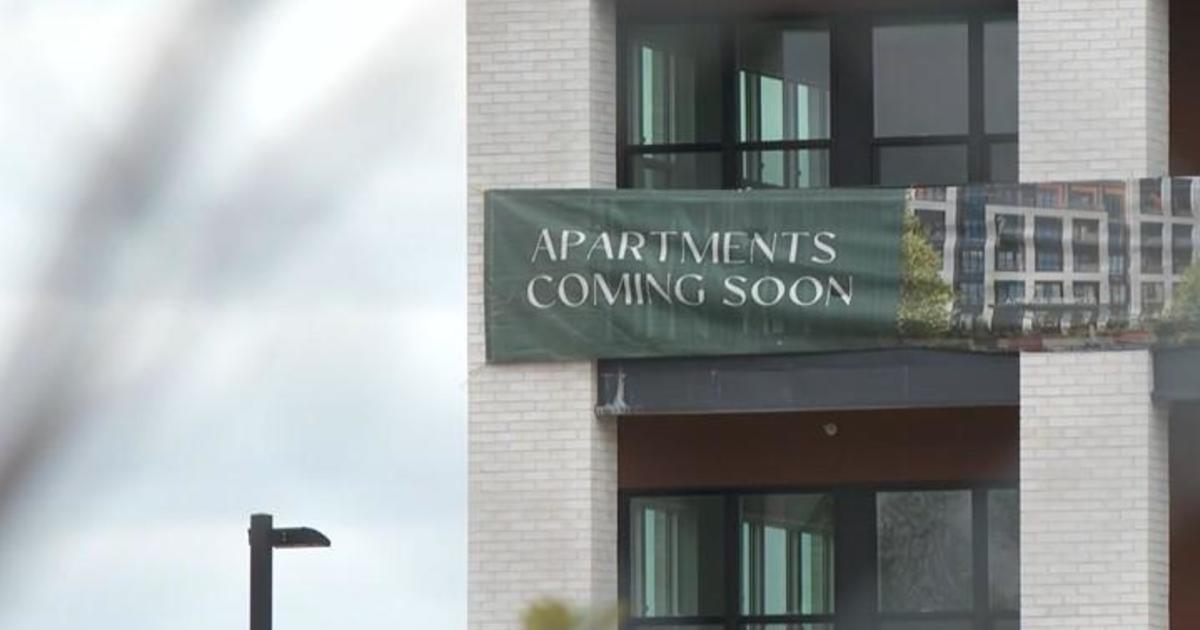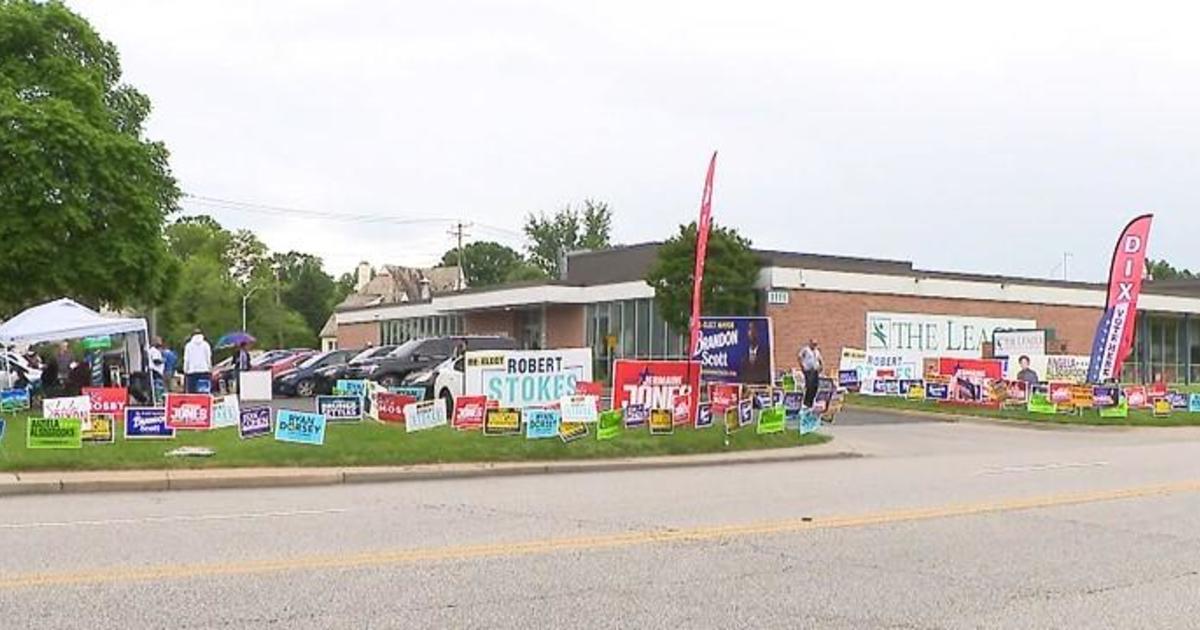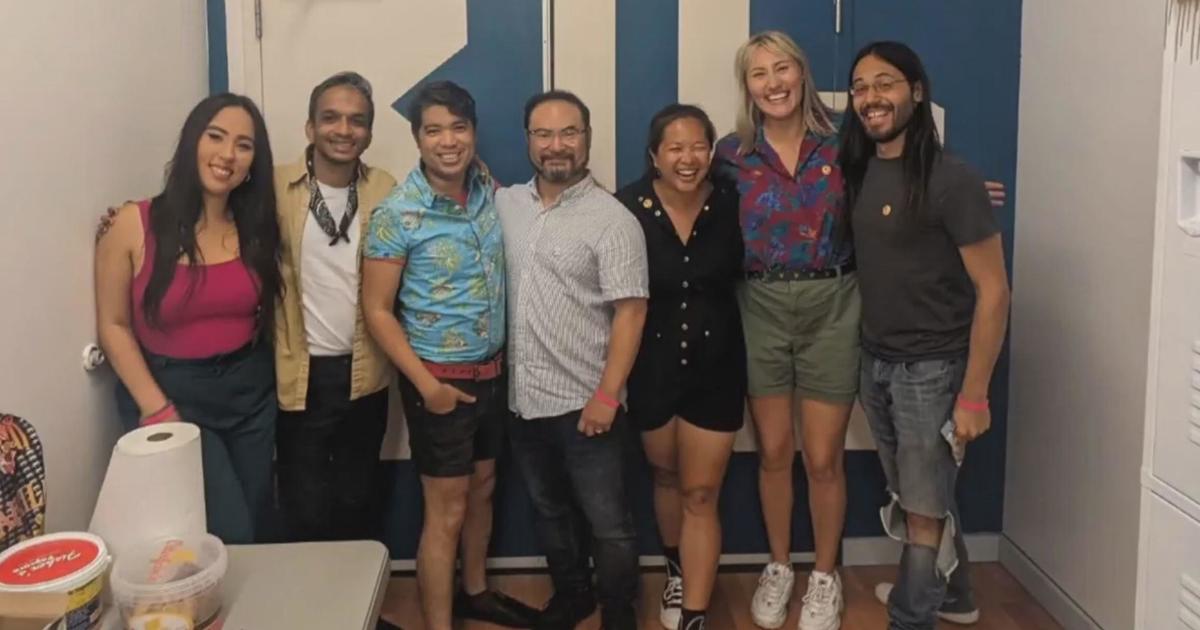Town Hall Seeks Ideas For Bridging Digital Divide
RANDALLSTOWN (WJZ) -- Before going to bed at night, Denise Parker likes to check and make sure her telephone is working. She picks up the landline in her Randallstown home that she'd lived in for over 20 years and listens for a dial tone.
But all too often, she says she doesn't hear a thing.
"It is absolutely idle, even for 911 calls," Parker said.
As a senior citizen, her phone line and internet connection are two things the Baltimore County resident said she should be able to depend on and afford. But she can't.
"We need universal access and I can't afford to purchase the most sophisticated classic upgrades," she said.
Parker is one of thousands in Baltimore County who don't have reliable or affordable internet service.
This digital divide was the topic of a roundtable discussion at the Randallstown Public Library hosted Monday by County Executive Johnny Olszewski and Sen. Chris Van Hollen.
"The goal is to make sure that every household is connected, every small business is connected, and that it's affordable to everybody," Van Hollen said.
Elected officials, including and County Councilman Julian Jones, gathered to hear how community members continue to struggle when it comes to affordable high-speed internet access.
This discussion comes on the heels of a long weekend for Van Hollen and fellow senators, who just finished negotiating a bipartisan infrastructure bill worth billions that would go, in part, to expanding high-speed internet access.
"The pandemic revealed the huge digital divide in this country," Van Hollen said.
While Baltimore County provided thousands of low-income families access to the internet who didn't have it before, Olszewski acknowledged gaps remain.
"Time and time again, whether it's school or work or access to telemedicine, it's such a critical function of life particularly during this pandemic but just generally," he said.
Parker described experiencing unreliable internet both at her Randallstown home and at the Randallstown Public Library, which is down the street from where she lives.
"Digital inequity is digital poverty," said Sonia Alcantara-Antoine, director of the Baltimore County Public Library, who said since the pandemic started, they've installed Wi-Fi hotspots and internet-enabled devices to check-out and take home for their patrons.
Still, elected officials are pushing to make high-speed internet plans more affordable and accessible through congressional funding and working with providers.
"This pandemic has really forced people to think differently including those providers to understand that every family needs to have access to the internet," Olszewski said.
Monday's meeting will help community leaders and state representatives figure out how best to use the money Congress allocates to each state to ensure a portion of it is going to internet accessibility.
"If you have access to the internet and you can't afford it, it's as if it's not there," Van Hollen said.



